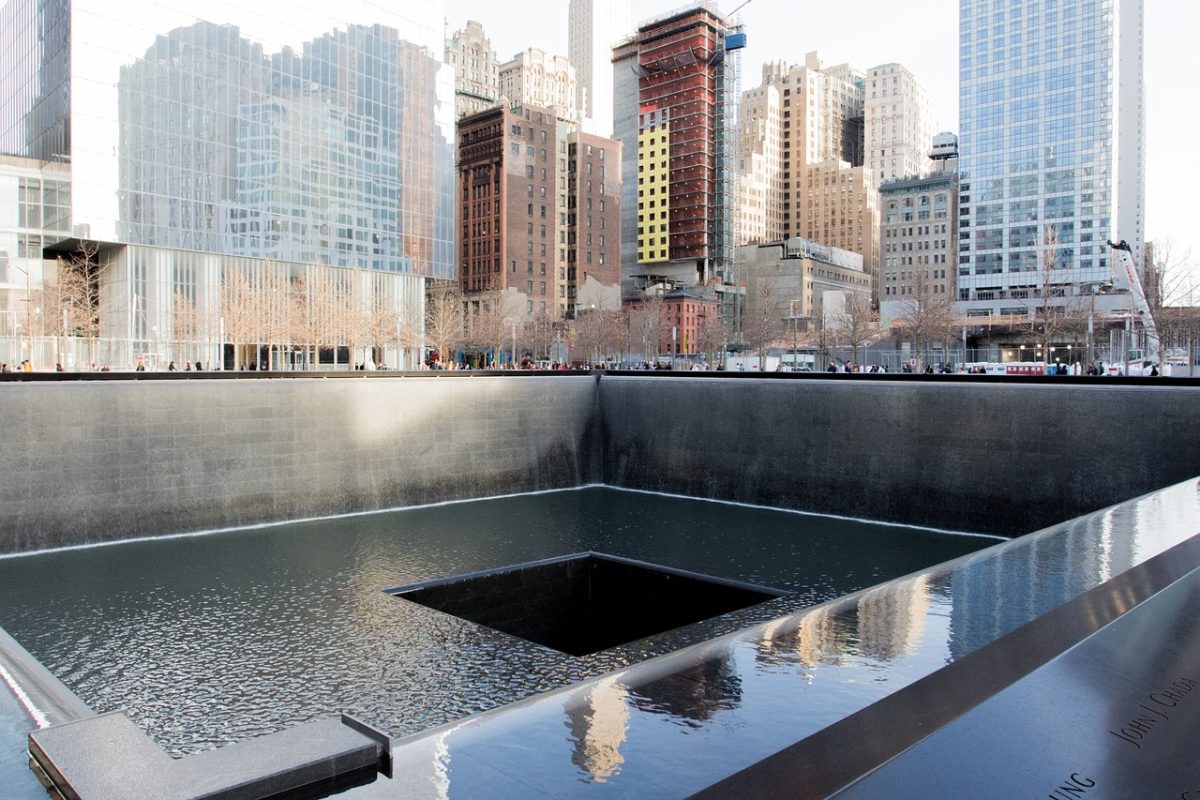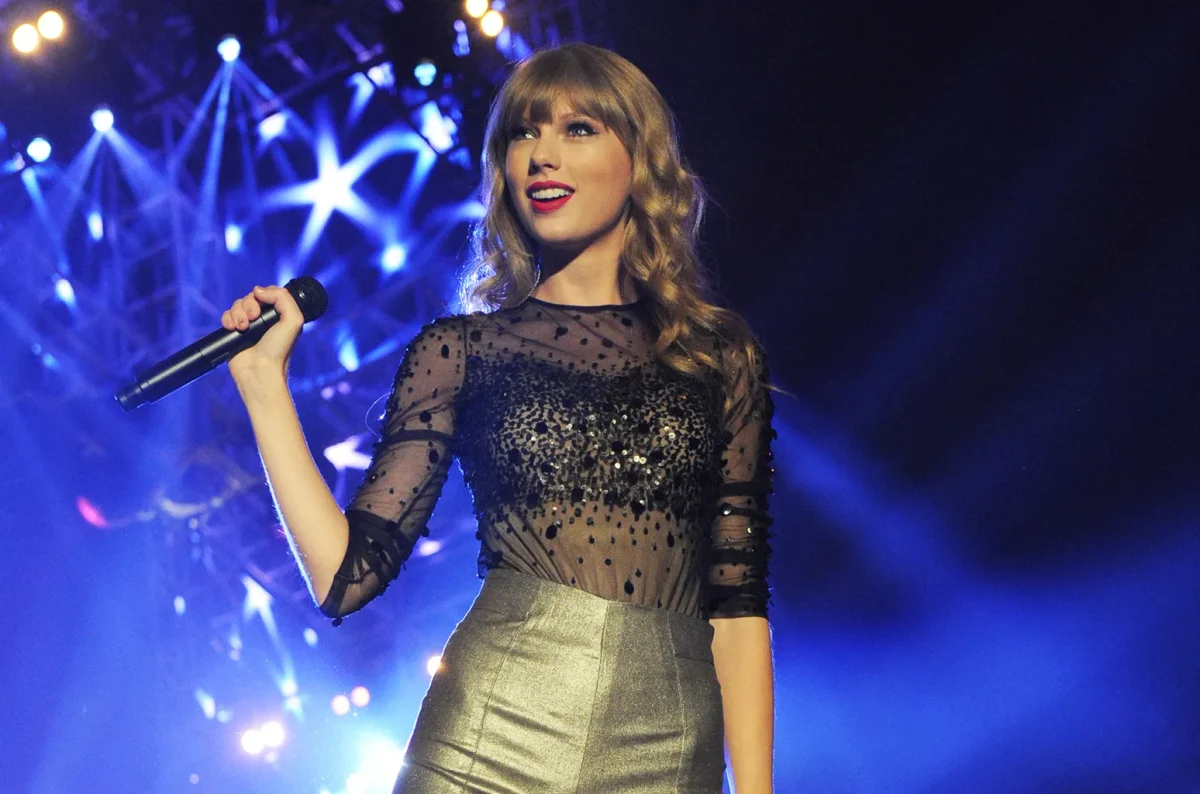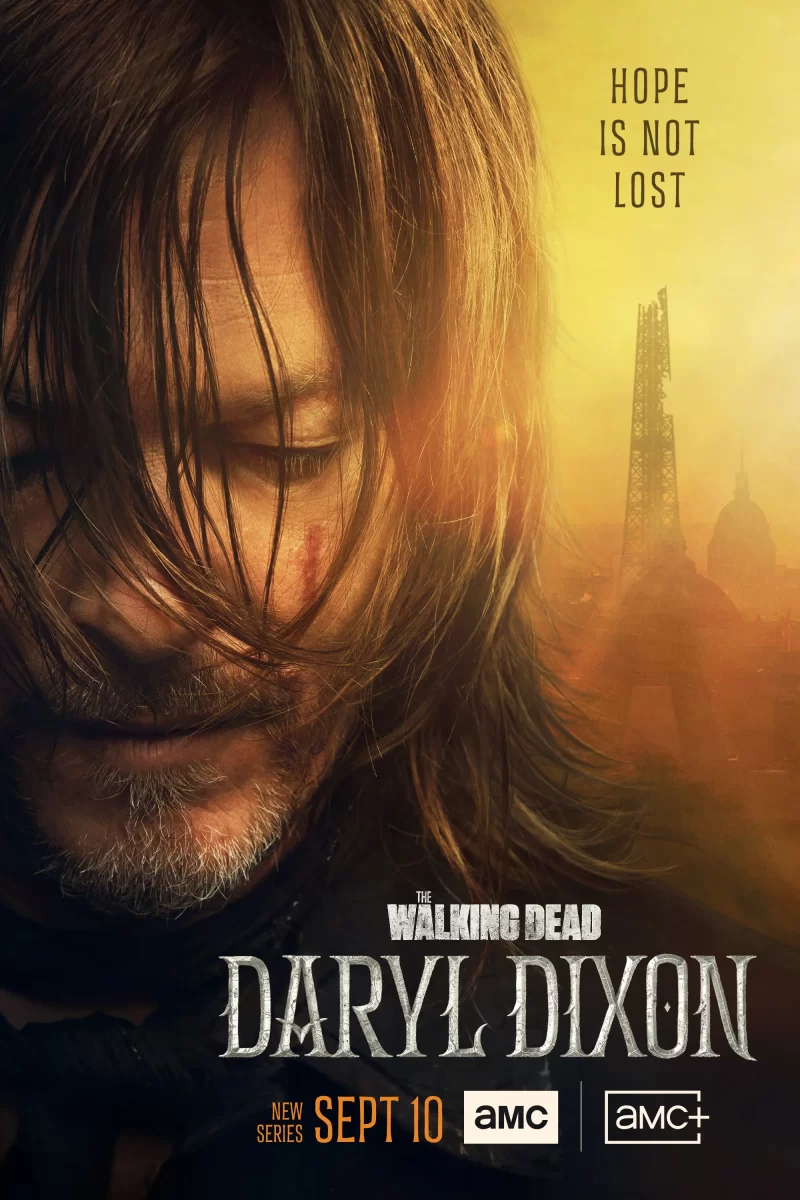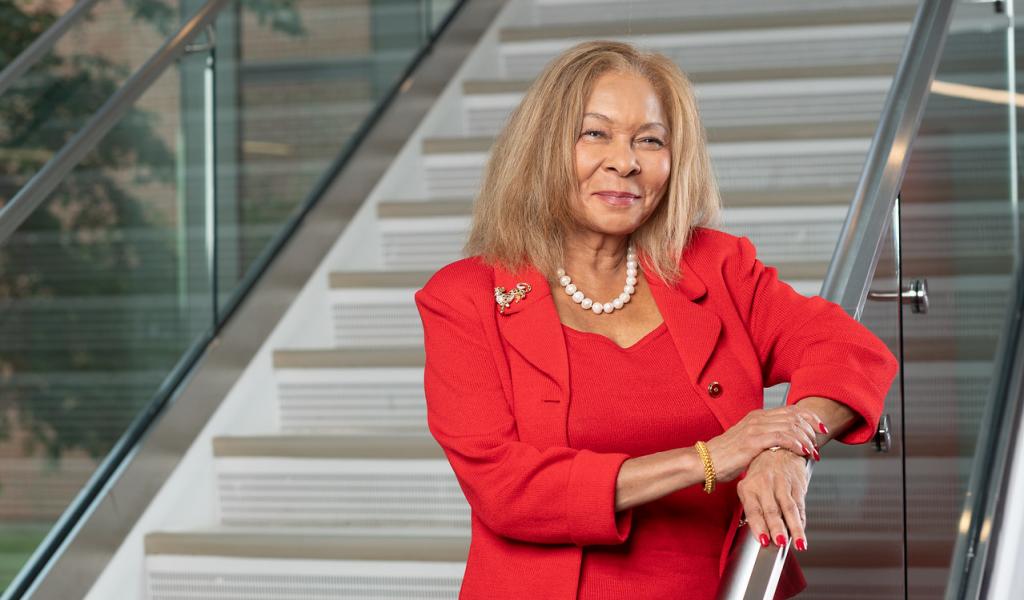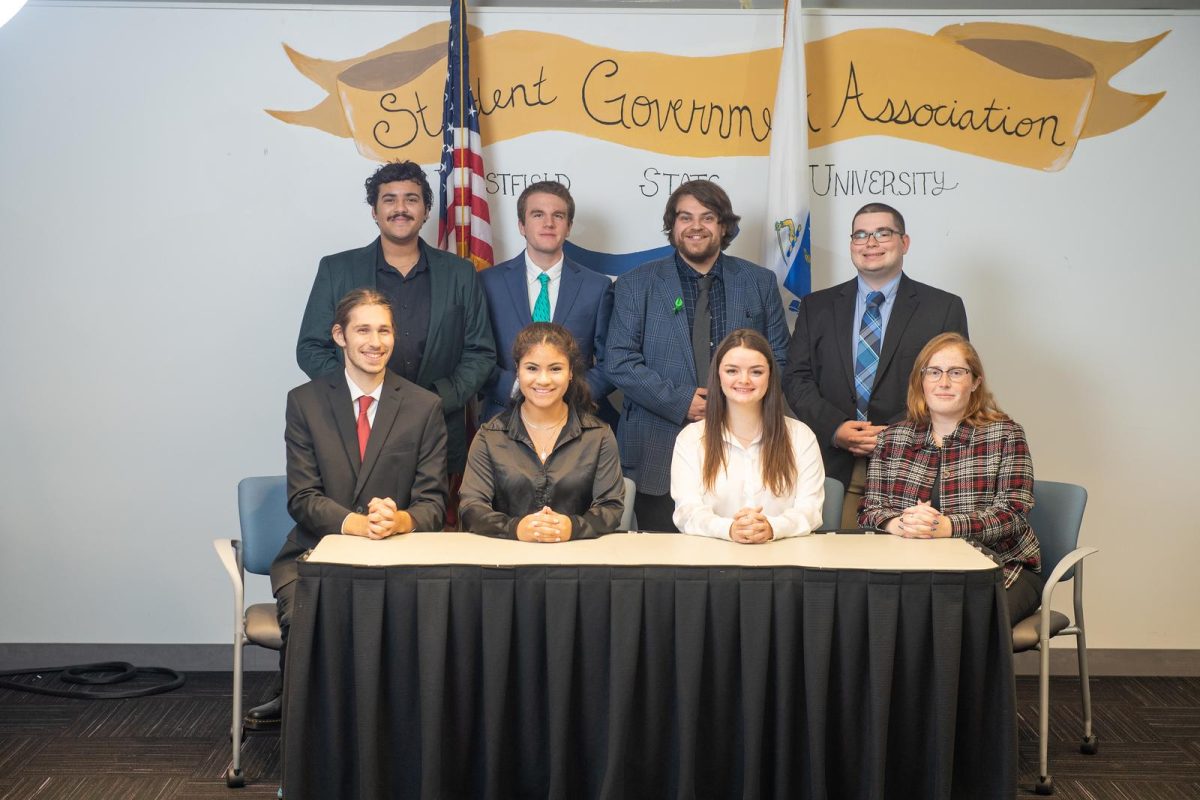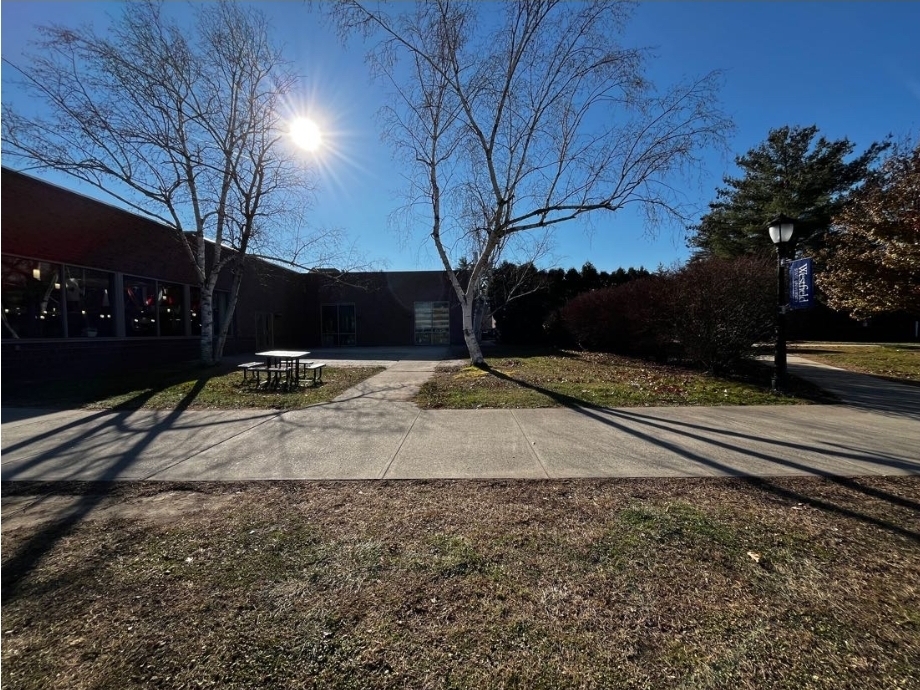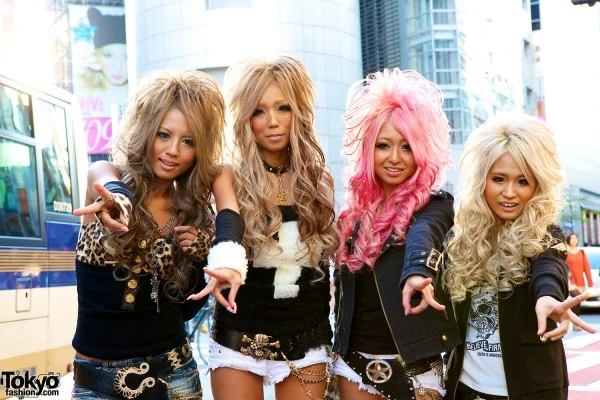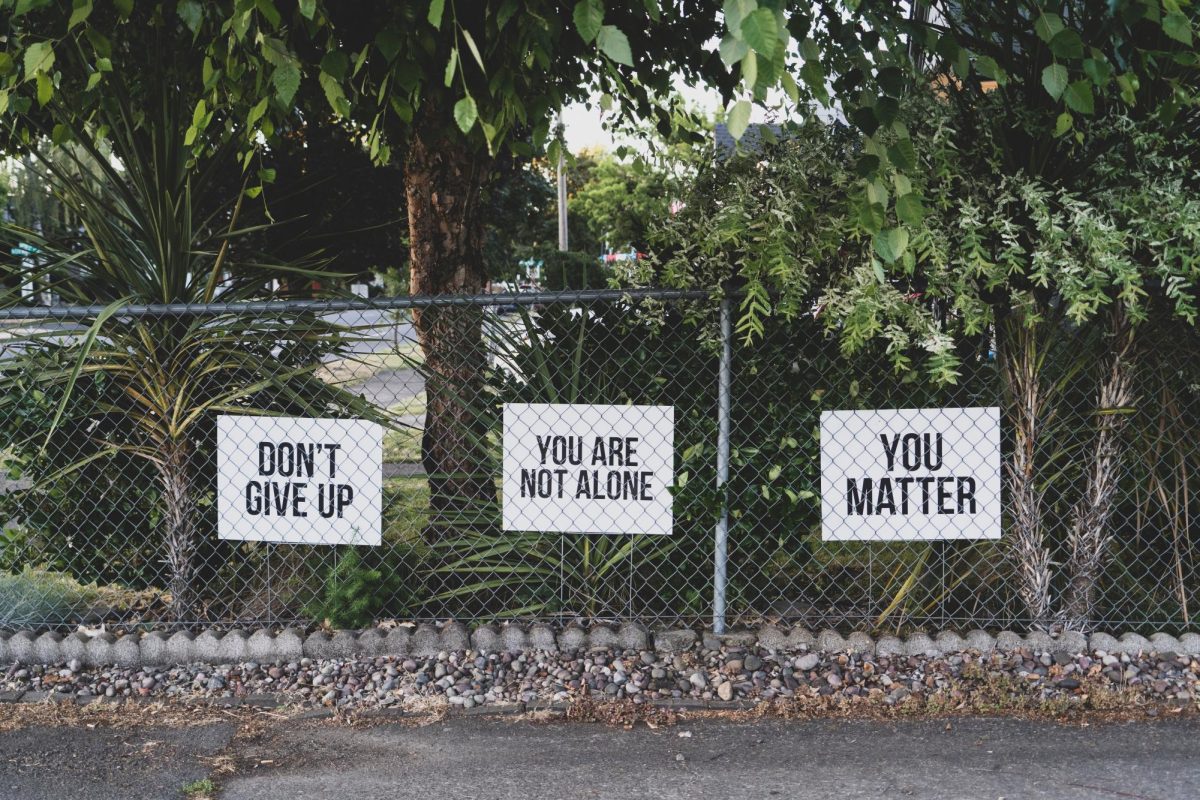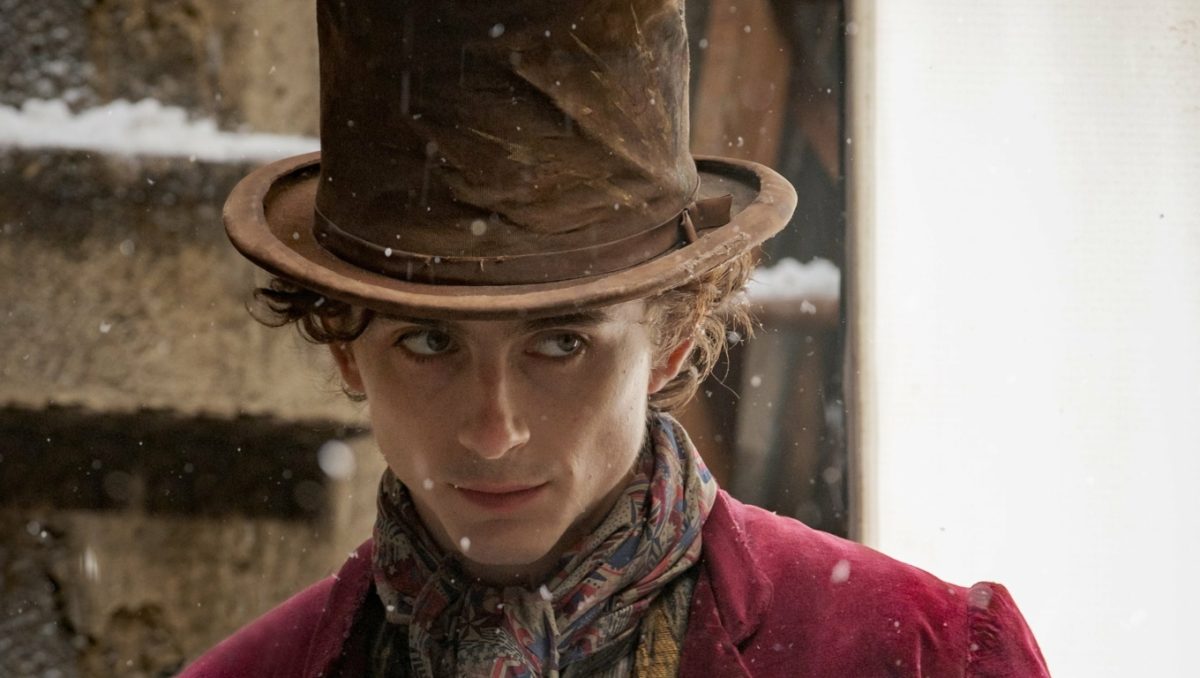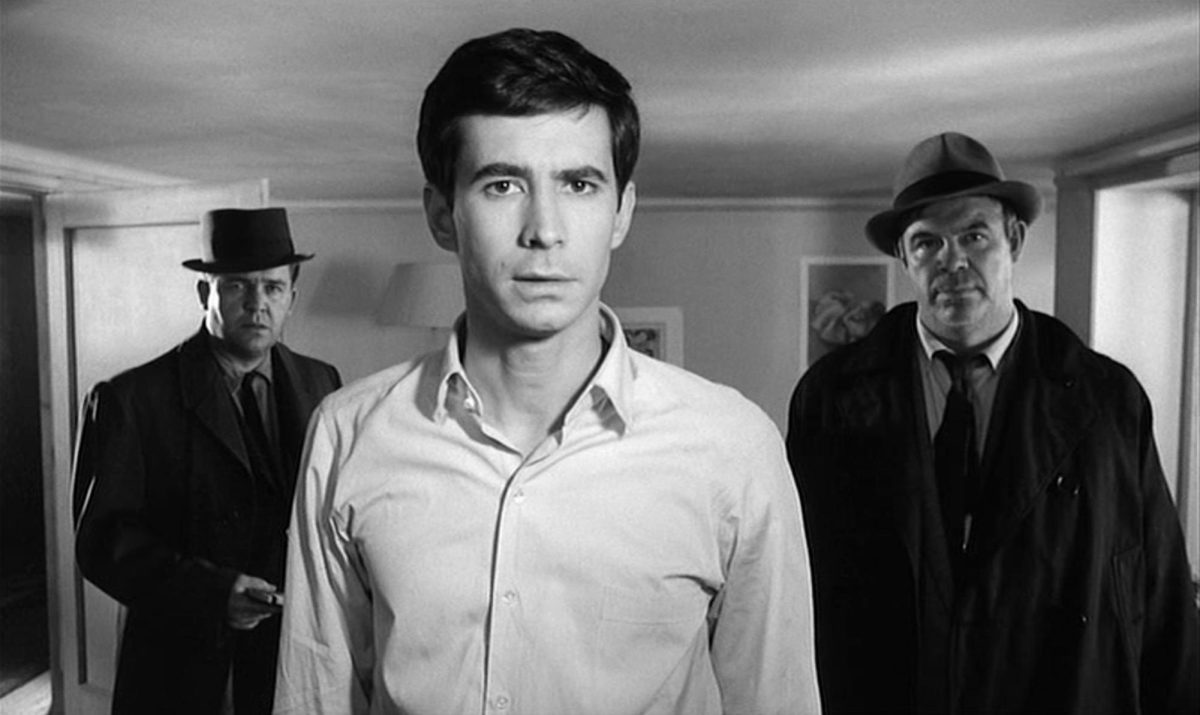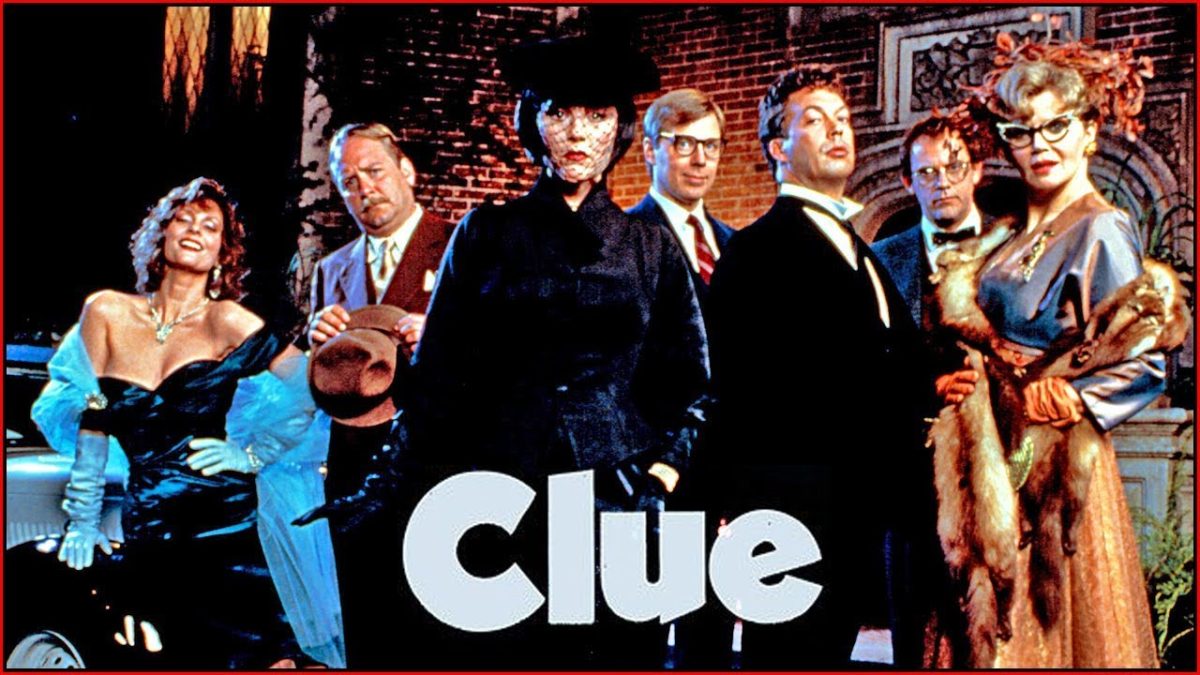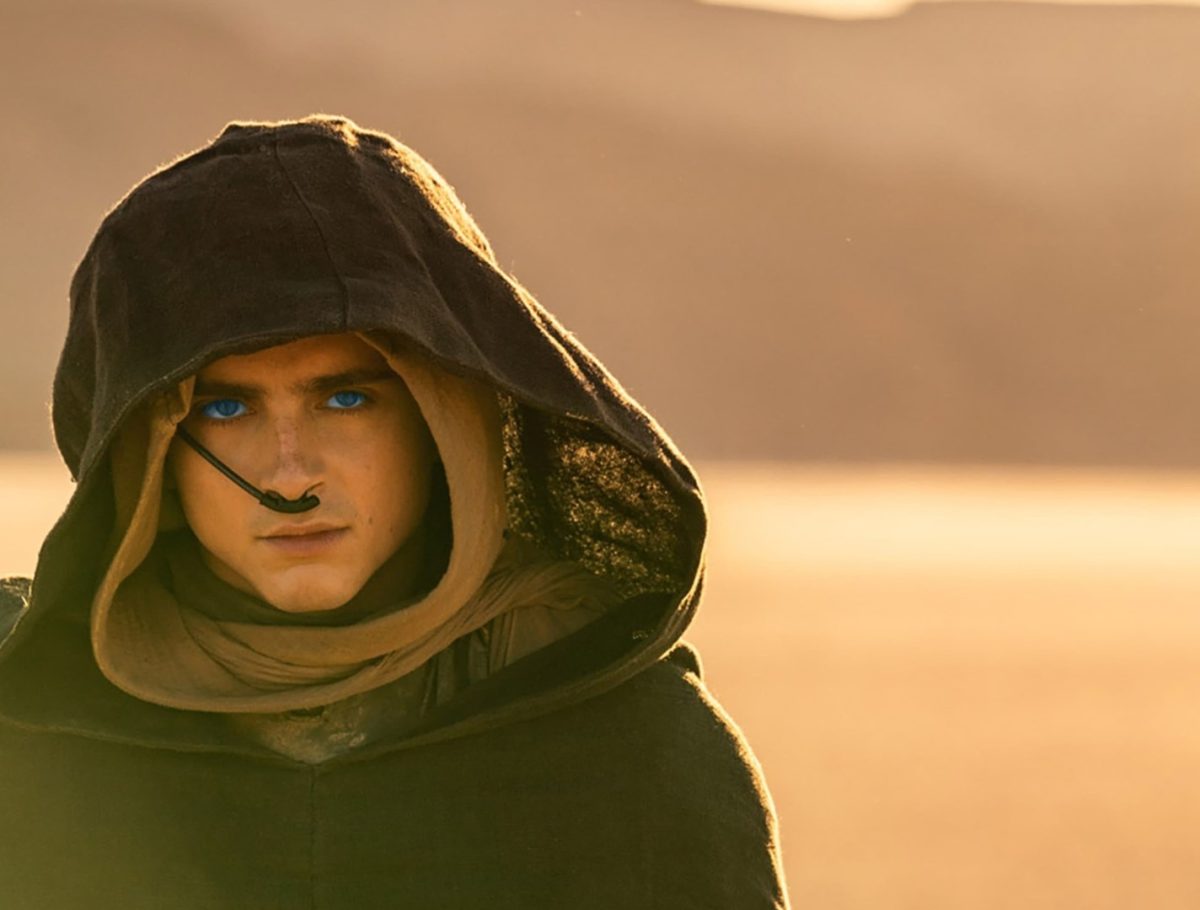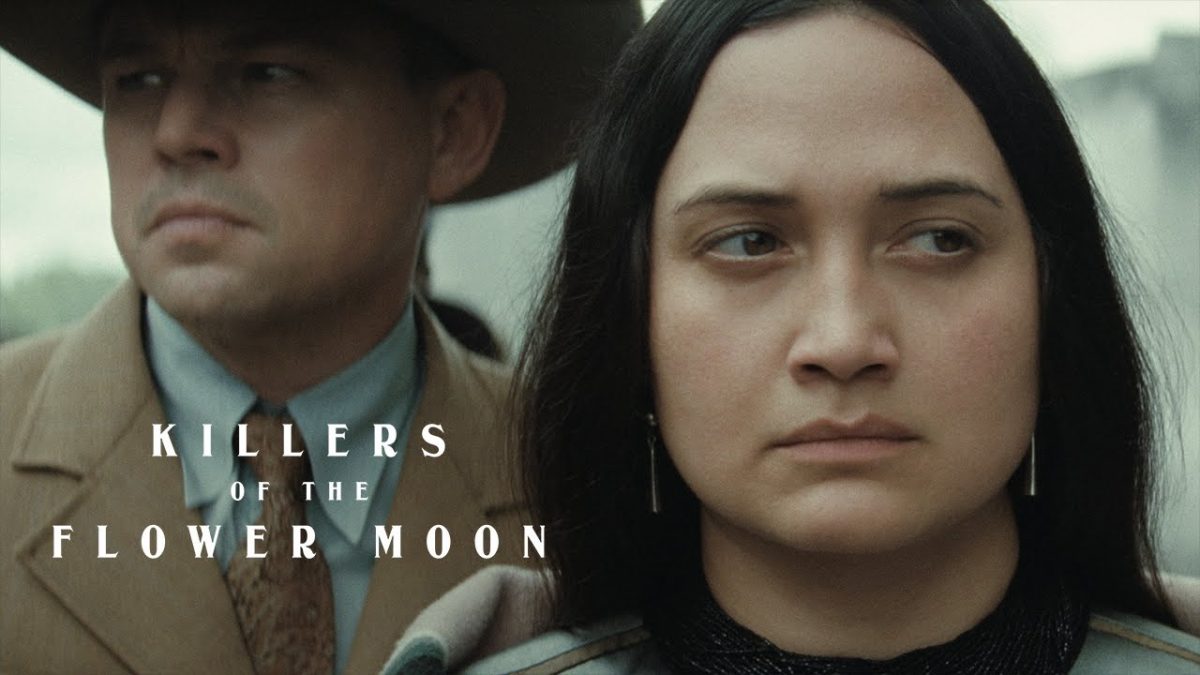(Keb’ Mo’ sings “Put a Woman in Charge”)
Kathy- Good afternoon and you are listening to WSKB, Westfield 89.5 on your FM dial. And with the troops amassing at the border of Kyiv, I say put a woman in charge. What are they doing? Today I am so pleased to have in the studio, our guest president of Westfield State University Dr. Linda Thompson. And let me put her mic on. Can you hear me, Doctor?
09:45
Linda- I can and it’s my pleasure to be here with you this afternoon.
09:51
K – It’s so good to have you! What an honor for The Women’s Media Project. We need friends in high places.
09:57
L – Oh boy. Well, I’m here to help you.
10:00
K – That is awesome. Yeah, Keb’ Mo’ “Put a Woman in Charge”. Well, I know I sent your communications officer a list of questions. And you wanted my bio. Of course, you don’t want to be ambushed by some strange disc jockey at WSKB. But we don’t have to stick to that. I was going to ask you, we want to hear about Linda Thompson. Have there been times when you felt there’s been gender issues? What’s it been like? I mean, I read your Curriculum Vitae the other day, it was 23 pages long, it took me hours. So exactly how did this woman do all of this in her lifetime, just pulling down grant monies and improving children’s lives all over the place – while I was slogging around delivering the mail. I mean, what a prodigious intellect, Doctor.
10:47
L – Well, let me just say, I started out my career as a nurse. Okay, working in a hospital. And so in relation to gender issues, you know, most nurses in the past, and still today are women. And, you know, working with doctors who are primarily male, when I was working in the hospital, there were many times they make you stand up when they walked in, they, you know, treat, and because I’m a woman of color, they would make comments about the skin, of people of color, and I would just pipe in and say, you know, their skin is not any different than your skin. And you should not be teaching people that. So I’ve had different times over my career where I had to deal with being a female, and a female of color. And sometimes they were very unpleasant, but I learned to manage my feelings and speak up and, and speak up for myself when I thought that people were trying to treat me in a-in a differential way. So women, so many women in leadership positions have had sexist comments made to them. They’ve had comments made about their intellect and that they should be home instead of trying to move ahead. But what I would say to all of the women out there, you have wonderful skills and ability and don’t let anyone take that away from you.
12:22
K – Oh, that I will take that to her that is so well said Doctor, even here at the studio, you know, women feel like they’re imposters when they’re in a position that a male usually holds. And you have to get over that there’s such a stigma, you know. Have there been times when you felt that there’s been racist views? You spoke about that. I was going to say the Boards of Trustees in general. Are they fully on board with having female leadership? I just wanted to tell you a couple of statistics. The American Council on Education, ACE for short, said in 2017, only 30% of presidents are women, and only 5% women of color. So it makes sense intersectionally that it’s challenging to be a woman and more challenging to be a woman of color. The ACE study also showed in 1986 10% of university presidents were women. 30 years later, it was 30%. So 70% are still men. And more than two-thirds of college university presidents are male. So what obstacles have you faced as a result of gender in this field?
13:31
L – Well, you know that’s an interesting comment. When I applied for this position at Westfield State University, there was another search going on – Mary Grant, who’s the president of Mass College of Arts – and I, we were the first two females to be appointed President of the State College and University system, in a long time and they just recently appointed another president who’s going to be at Framingham State. So it’s going to be a woman. So I can say that right now women are just leaping forward because when positions open people are applying and so it seems like the boards of trustees are looking at us for our skills and our talent and our ability. And I think the thing that we need is an opportunity. And I’ll just say I’ve worked on in my career, I’ve been involved in several political campaigns. And I was really close to a female who was running for governor in the state of Maryland. And I went around with her so many places, and I was just shocked at the way men spoke to her. The kinds of things that they would say and they tried to really push her out of running for Governor. You know, women who did that before – they kind of paved the way for people like me to be able to see the irony of expectations and, things that people say and do. But you have to be strong. And that’s what she told me, she says, Linda, we have to just be strong. Let everything that people say that you don’t like roll off your back. Keep moving forward and not backward. And if we do that, we’ll see that we have the ability to move into places that we would have been afraid of. I’d love to see a female president in the United States of America. You know, you look at other countries, and they have female presidents and they’ve done wonderful jobs. So I think the thing that people need to do is give us a chance. They need to give us an opportunity to show the skill and knowledge that we have. And one of the things that I have noticed is people are a little bit more judgmental of women, they say things about our skills and our ability that they would never say about a male. And, you know, I just hope that people understand that and see the gifts that we all bring, because our styles are different, we tend to be a little bit more – you know, we want consensus more, we love to hear all sides of the story. We’d like to make a difference wherever we are. We go into these jobs because we want to do good. Not that we want to have the prestige or the money because it’s not a lot when you think about all of the things you can do in the job. But it’s that you see problems that you want to solve. And a lot of women leaders do go into leadership positions because they want to solve problems.
16:54
K – Oh, that is so well said. I agree. Yes. Doctor; Nurse Thompson – I have a pain right here and it’s called social injustice. And that’s what we’re trying to remedy with this platform right here. We’re just trying to tell people about the Equal Rights Amendment that the suffragists had on their to-do list, and it never got done. And we really don’t have a legal leg to stand on in the courts without that. But we could talk all about this later. Have there been women – that you mentioned, her name is Mary, she ran for office …
17:29
L – No, Mary Grant, who’s now the president at the Mass College of Art. The female that I worked with was Kathleen Kennedy Townsend. Her father was Robert Kennedy. And so she was running for Governor of Maryland. And I was part of her campaign staff, trying to help her win that seat and listening to the things that people said, you know, and people always say she was a person who just moved to Maryland because she, you know, she really grew up in Massachusetts. And that wasn’t true. She went to high school. She graduated from high school in Maryland, because her father was an attorney general, she spent most of her life in Maryland. So when people said that, I said, Why don’t you correct them with these lies? She says, It doesn’t matter what I say they believe what they want to believe.
18:23
K – I see, yes, I have a good friend in Maryland too. So she is a woman that has helped you on your way – do you notice that women tend to help other women or not? Have there been other women in your life that have boosted you along with your mother, for instance, in my case, my mother was my best backer.
18:43
L – You know, just to give you a little bit of history about me. I was in foster care when I was a little person. And the person who was with me until she passed away was the foster mother I had. She made me believe I could do anything that I ever wanted to do. I lived with her from the time I was three until I was seven. I went back to live with my mother after that, but she always stayed in my life. She made sure I got my driver’s license, she helped me get into college and helped me fill out the forms and just was such a nurturing and supportive person. So she was the first person in my life who I – you know, every time I think about it, I don’t know what I would be without her. And then as I was thinking about going to College, the Dean of Nursing at Wayne State University called my house about 50 times and my mom said Come home early so you can talk to this white lady who’s trying to reach you to see what she wants because I don’t have any clue. So Kathleen Favel was her name and she really talked me into going into nursing. And then there were people along the pathway who told me that I could do certain things. So I’ve always had strong, very thoughtful women, who were a guide for me and helped me think through things. And to this day, I still have one close person who was a Brigadier General, in the Army, and she was a nurse, and she always keeps track of me, she wants to know how I’m doing. And, and so I think from my standpoint, I’ve always sought out people, as well as people seeking me out. But you have to be able to accept help when a person reaches out their hand. And then you have to be willing to listen and learn from other people instead of just listening only to yourself. And that is always guided me. I’ve always tried to seek out women who I thought were strong and had careers that I wanted to emulate and talk to them and find out how they got there.
21:16
K – Well, that has served you so well. I’ve noticed – I’ve kind of traced your career path – or having read your CV and I thought, wow, she just keeps on forging ahead. You know, I have like the same cell phone I’ve had for decades. But she just goes through telephone after telephone just taking on new things. And in putting the old behind and not looking back. That’s what impressed me about your resume. Now, you want to change the cultural climate on campus. Are there gender equity issues? Are there ways to address race issues, and I just want to say this about that. You sent us a letter, the whole student body. And it said, and this was right after Martin Luther King Day, and I didn’t read it until it was too late. But here’s what it said. It said, today, January 18, marks the sixth annual National Day of racial healing part of the WK Kellogg Foundation’s truth, racial healing and transformation efforts. And I said, Oh, – I missed that. And then I did a whole show on Coretta Scott King the following day Wednesday. So I said, Well, okay, I was in the wheelhouse – but I did go to the Resources page, and I downloaded this one article. And it’s entitled, “It’s Not Complicated. White people must do their part to dismantle white supremacy”. And I highly recommend you go to the website, check your email, don’t do like me check your email every day. And so how did you find out about this, I noticed that they’re underwritten by the Westfield Boys and Girls Club, like we are at the station, and good organizations like the YWCA, the Southern Poverty Law Center, and one other I forget about, but that was a great push.
22:56
L – Sure, you know, being a person of color, and just looking at what has happened in our country over the last several years, I’ve been deeply troubled, because some of the things that I thought we solved, and when I was growing up, are starting to surface again, the slurs, the attacks on people of color, you know, this whole movement to downplay the 1619 project, the whole conversation around critical race theory. And the thing that I, I just hope that people are able to do is – and this is why I think history, study in history is so critical for everyone, you have to know where you were, in order to understand today, and to make a difference for tomorrow. And if people are afraid to look back in the past and see the things that have happened, you know, that’s a sad day for our society. And so for me, I have been looking at a way that we can create a group on campus that can focus on anti-bias instance, a way that we can begin to have regular conversations about diversity, inclusion and equity. A way that we can begin to look at people and see the good, not the bad. All of us come from a common set of DNA. And the only reasons why our color is different is because of the ancestry and where we wound up whether it was in a warmer climate or in a hotter climate. So that there’s you know, and, and if you do your 23andme you’ll see that more people are-have more common threads in their DNA than differences. So the fact that we’re having these issues – we really need to think about the good in everyone. Um, you know, my investiture as the President is going to be on April the 29th. And leading up to that, I am going to host some conversations with me, the president. One of the first people that I am going to have to talk to our campus is Gail Christopher. Gail Christopher led that Kellogg project. She is going to talk about the work that she’s now doing in Washington, DC, to bring community organizations together to begin a dialogue around racial healing. So I thought it would be really a fitting thing to have her during Black History Month, to come and launch this conversation that we are, I think, so desperately in need of. And so that’s the part of my reason for pointing that Kellogg work out, why I’m so interested in this whole idea of healing. And the other thing I just want to mention, my theme is building a bridge to the future, restoring our health. And when I say a bridge to the future, students are the bridge. We as educators need to help them develop and grow. Restoring our health really goes back to the founding of our campus when we thought about creating a society that was nurturing and a healthy society. You know, Horace Mann, when he talked about educating all people, and ensuring that people knew how to work in a democratic society. It’s based on this idea of creating thriving societies and healthy societies. And I think that is the thing that I really hope as a culture, our campus can embrace. This whole idea of all of us have value, all of us have worth, how to bring out every gift that a person has inside of them, and let them launch and go on and do wonderful work for the world. That is, you know, the role that I see I have in being the, I think the chief advocate and chief person to talk about our campus and the wonderful people who choose to come here to work. But I, I just love the idea of this healing focus in this thriving environment that we have on Westfield State University’s campus.
27:50
K – That’s wonderful, Dr. Yeah, I like it here. And you and Ms. Christopher are completely invited to join me again on The Women’s Media Project when she does arrive. Are there any questions that you would wish that I would ask you, as I have a list of them here. We still have a half an hour so that’s great.
28:14
You know, though a lot of these questions are really wonderful. You know, the thing that I just wanted to say in terms of my goals. I know that’s one of the questions that you had. I talked a little bit about the culture and the idea of having Gail Christopher be the first – but the other thing I’m looking at is to highlight all of the schools – the schools on our campus – our wonderful school with a focus on the arts and the humanities. The fact that we are Steinway School and we have wonderful faculty here who would be world-renowned, you know if we had an agent behind them and promoting them, so I’m looking at a way to market our campus in a positive way to talk about the wonderful people here in every school. So we’re going to look at hosting a focus on the arts, we’re going to look at a focus on our public service work that the people on our campus do, as well as the health and well-being of people. And then I also want to just have a focus on entrepreneurship, especially looking at how you can help develop women-owned businesses, minority-owned businesses; how do we begin to talk about that and become the place that people come to in order to develop those skills. So my goals are really to tell the story so we can have our enrollment become a little bit more robust. To improve the student experience by doing wonderful things that keep students engaged because classroom is just one part of it. But they develop as leaders and as human beings when they come to college too. And then to look at ways that I can get enough resources to support scholarships – to support, you know, to support faculty in an endowment so that they can have endowed professorships and just get the things that we need. You know, when I was on the radio show with Harry Rock, I talked about my goal of getting at least 1000 people to donate $1,000 –
K – And he said he would donate $1,000 I heard that!
L – He did. He donated $1,000. When I go and talk to people, they always are, Okay, you want my $1,000 –
K – Good for him!
L – But it is, you know, it’s just a catchy way to begin to think about – that we do, you know, a small amount of money. If a large number of people do it, we could get the resources we need to support the students and faculty and staff on our campus.
31:12
K – Well, Madam President, if you require the services of the Communication Department here on the third floor of Ely, we will jump at the chance to market you and market the college. Alex Simisky is our right-hand man, he’s wonderful, he’s helped me so much. And Mark St. Jean, the host and pretty much creator of As Schools Match Wits, which I’ve volunteered for a lot in the past, we are ready to give you the television studio.
31:39
L – Okay, you know, I’d love to do that – I, you know, I was thinking, wouldn’t it be lovely if I could have conversations, and I need to think about – I need help with thinking about a catchy way to do that, where I can, you know, we can host and I can have a conversation with a faculty member that is doing wonderful work, or they have a new book that they are trying to support, or they have a, you know, a piece of music that they’ve created – to really show – I see universities as thought leaders, what we are good at, is not only teaching students, but we’re also good at educating the public on things that are so important for, for the healing of society. So I’d love to, to do something with the radio and TV station along those lines – to highlight and showcase people on our campus, but also to talk about things that are really important, like you just started out with the, you know, this war, that they’re concerned about the war that might happen, because of aggression of one country against another. But those are the types of things we need to talk about, you know, the fact that we have a Supreme Court justice, who’s gonna retire and getting the public engaged in a conversation about balance with our Supreme Court. You know, there are so many things that we could talk about.
33:13
K – Oh, so many. Yes. Judge Sotomayor was on Stephen Colbert last night. Did anybody catch that? I went to her speech at the (MassMutual Center) a while back.
33:28
L – You know, one other question – you had a couple of questions that were part of my interest – in prevention of violence and in young people, domestic violence, you know, violence against women violence against children. I focus primarily on the children’s violence. The reason why I’ve been so concerned about it is, you know, Adverse Childhood Experiences (ACE’s) impact people in so many ways. You know, girls who are, who are victims of violence, when they’re young, tend to have early menarche. And those who have early menarche also have early menopause. And if they have early menopause, it causes them to have, you know, this weathering experience where they age earlier, and they are more prone to chronic disease. So the need to support and minimize the harm that kids have while they’re little is so critical. So that’s been work that I have such a passion about and I still try to keep my hands in that, in that world to try to talk about the prevention of child abuse and, and supporting research and people who are involved in that work. But that’s, you know that so that’s just been something that I’ve always had an interest in just because of seeing what had happened to my family.
35:00
K – Oh, yes, Doctor – I’m so glad to hear you speak about it. I would like to share with you the research paper I just completed, which I hope to publish and present at the CURCA conference this spring. It’s called (Surviving Trauma: A Study of How Women Who Have Been Traumatized by the Family Courts View the World) – on the traumatization of women that have gone through family court. And that’s kind of what we’re all about here. Every time I’m looking out, I say, Where’s mommy? Because America is creating a motherless society. Family courts are illegally tearing children away from perfectly good loving mothers. And what happens? You get a society of children that are angry, and they’re going to become bullies. So we’re trying to prevent that.
35:35
L – I’d love to help you get that published in a journal.
K – Oh, that is awesome.
L – I know!
35:39
K- We have to disseminate this information, I mean, why did I bother interviewing five mothers that went through this trauma if I’m not going to disseminate the information? And that’s what my professor said to me, so –
L – Sure, I will echo your professor’s comment, you need to publish that.
35:54
K – Awesome. I have to go to the Institutional Review Board of the college and all of that, but hey, I’ll go there. I’m so glad you brought that up. We have an organization called Mothers of Lost Children. I’m like the documentarian of the movement. So every protest we had at the White House – twice a year for 10 years – I filmed with my little camera, and I’m here trying to make a documentary out of that archival footage. This radio gig is a great pastime, but I have a lot of work to do. And I tell you, I need some young help. We need to bring the younger women along, like you said the students because they don’t know. They’re going to get into a court and get blindsided and railroaded and they won’t have any ammunition – they won’t know. So my objective is to abolish the lawless family courts in all 50 states of the nation. And I’m so glad to hear you say that you’ll help me get this paper published. That’s awesome.
36:45
L – I’d love to.
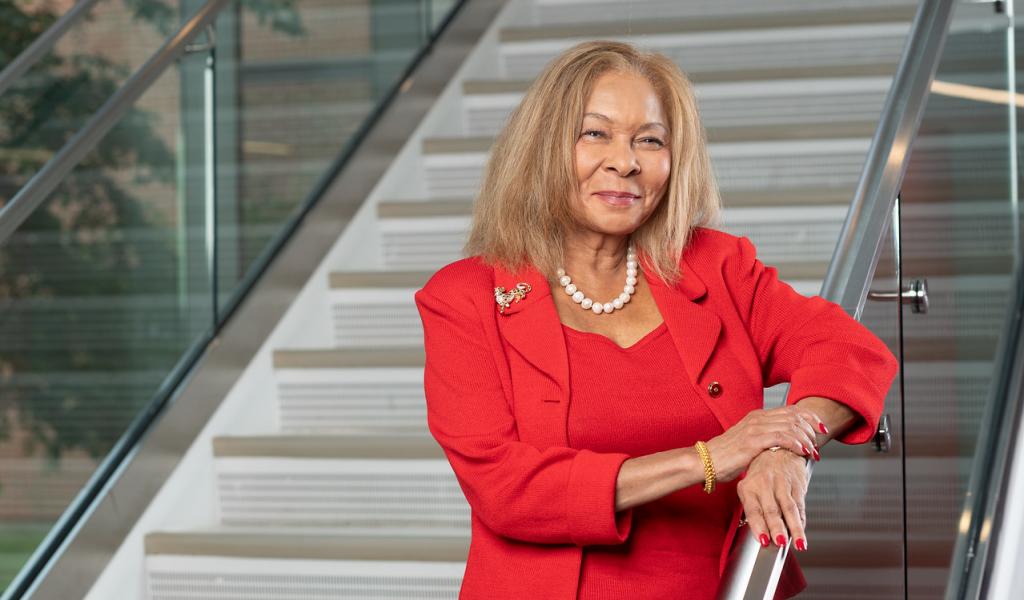
36:49
K – Oh, we still have almost 25 minutes, and sandwiched as you are between two different meetings, one that you arrived from and one that you are on your way to. We are so happy to have you. We’re so glad you fit us in. I’m supposed to do station identification at the top of the hour and a half hour. So everybody you are listening to WSKB here in Westfield, Massachusetts, and we are at 89.5 FM. We’re also live streaming at WSKB dot O R G. And this is The Women’s Media Project coming to you every Wednesday from four to six. This interview will be uploaded to a podcast, which you can find at Podbean. You can look us up on Facebook too now – Google us at The Women’s Media Project. And Doctor, I’m just so glad that you are here and willing to talk about it. People don’t want to talk about it. You know, people don’t want to talk about femicide. The cemeteries are filling up with women and children. And the word femicide isn’t even used in America – the word I mean, if you write the word spellcheck says What? what’s that, whereas in other countries, they’re more advanced than we are – Israel, France, they’re talking about femicide, they’re talking about the women that are being murdered (three) every day – here in this country.
38:06
L – You know, this whole issue of domestic violence, intimate partner abuse, you know, it is a major issue, there’s so many wonderful women doing research in this area. And if you go into an emergency room, now, any emergency room, there’s a danger assessment that’s done if a woman has any kind of a bruise. And the reason why that is done is because nurses push that research to be done. And they demanded these types of questions, so they’ll last you are you safe in your home? Are you really safe? You know, they’ll ask you multiple ways to get to those questions. Because a lot of women never reported it. The other thing that you’re starting to see in emergency rooms is this whole idea of looking at people who – girls who are trafficked, and young people who are. Those are still issues of abuse and maltreatment of young people. So this whole area is just so important for research and so important for young people to think about in terms of a career pathway. You know, one of the questions that you asked me to think about was my work on health policies and programs for children and youth. You know, I’ve always talked about, you know, what makes a competent adult and what you tend to see with people who, who feel comfortable with themselves is they feel confident. That they have a commitment to something outside of themselves. They have caring and character. They have some competence in terms of skills that they can do. So what I talk about in terms of the five C’s of healthy development, those are things that I believe in, and I think universities, when we develop leaders in our student government and our student associations, most of the work is built around developing these skills in young people. That you build it – that caring attitude, that character of knowing what to do, at different points in time, the commitment to live up to your values. And the confidence in being able to not just live up to it, but to say and do what you think is right. So those are important things that I believe in – that I hope to instill as president of this campus. That students who graduate from this campus, they have those core values and those core skills when they leave us.
41:07
K – Oh that is excellent. President, thank you so much for saying that. Is there anything that you also want to tell us – we still have …
41:19
L- So tell me, you know, that the students who are involved in the work here in this radio station, you know, what are their – what are the things that you hear them say? You know, I was talking to one of the communication faculty members, about six or seven weeks ago. And I said, every university where I’ve worked, communication was the largest department. Because so many young people want to be – you know, they see radio, they see TV, they want to learn how to be communicators, they want to learn how to do social media. So it seems like a natural pathway for a career. How do we use the TV and the radio station on our campus, to encourage young people to understand the importance of communication and the importance of social and other types of media? In order to make the world a better place? I’m just using that as an example. But what do you think?
42:34
K – Well, that’s a good example. We were just discussing that this morning, actually, in my Communication Technology class with our excellent professor, Sinuk Kang. There was a reading assignment last night, actually – social media, the effect of it on people. One of the questions was, you know, name three things that the effect of social media has. One of them was a recent study, I read by somebody here on campus that found that Westfield State University student-athletes, if they’re exposed to too much social media, they have sleep problems. So you know, I’m kind of old school, obviously, I think that social media tends to kind of isolate you into a niche that when they figure out what you want to look at, they feed you more, so you don’t tend to see other people’s points of view. And that’s kind of a drawback, but social media is encouraging citizen journalism all over the world. And that’s what we have here, students that are learning to be citizen journalists, and professional journalists. Yeah, we need them. It allows you to publish without being mainstream media. I mean, the mainstream media is controlled by men, it’s patriarchal. And you can kind of like slip out from under it by publishing yourself, because social media is the stronger sister of traditional media.
44:01
L – You know, the citizen journalist I idea is really interesting to me. One of the things I’d love to get our students who are involved in developing social media to do a little bit more on is – you know, it seems like we have a science education problem in our country where people are not really paying attention to science, you know, like climate change. This whole focus on the COVID vaccine and the COVID crisis in our country. I saw this article today and one of the newspapers that was a letter to the editor, and it was just really crazy talking about not wanting to wear a mask. It would be interesting if students could be more involved in helping to get a story that would resonate with their community, or resonate with the people who they know. Because, if you know of the population that you grew up with – how do they use their lived experiences to tell the better story, and to use that platform of social media to help dispel some of the things that are causing harm to our society. But I’d love to get your perspective on how we can engage the students and, more of that kind of work?
45:42
K – Well, that’s a wonderful idea, you know, I can pitch that idea to the class on Friday and say, you know, Hey the President would like to see, you convince somebody to wear a mask. Personally, I’m getting a little bit impatient with these anti-vaxxers and these anti-maskers, and they’re overflowing the medical system in the hospital emergency rooms. I mean, get on board, it’s like it’s a cult – of the former bully president, I guess. It’s like they’re making their following of him dictate more than our health officials, our health professionals, and they’re trying to politicize it. Our health officials should be telling people what they need to do to save their lives. And we should be listening to them. So you’re right, I need to engage someone.
46:23
L – It’ll be interesting to see what kind of stories they would develop, how they would sell it. You know, to use their ways – the ways that they’re engaged in, in the classroom, and how did they take an assignment and do something that could improve the quality of life of people. But I’d love to get students to think about a way to be more involved that way. And even help me think about ideas to pitch, maybe even help me write some articles for the newspaper. But there is, I think, a perspective of their age groups, you know, which might be varied, and the populations that they come from – how do they educate, using journalism as a way to teach people.
47:23
K – We have a student paper, I was so sad upon the demise of the printed student paper, but we do have still have an E-paper – The Voice – and we have Meg Ahearn and Emily Fluet who are two of our editors, and I’m sure they’d be happy to hear from you. And you could even go to their meeting, why not? As I say, you are completely invited to all of the open mic nights that we intend to throw. And I wish I had a tee-shirt for WSKB in your size, but you have chosen one that will be maybe a little tight, maybe a little big, I don’t know. But we hope to see you there. And it’s so great to have a college president that is involved with the students and comes and talks to us, you know, I’m a non-traditional student. Well, that’s another that’s a topic for another day, I guess. But, you know, with people not having kids so much anymore – I think returning older students, we might have to focus on them a little bit, veterans returning. And so that’s why I’m here, I’m so glad that my classmates accept me in the classroom, they accept the Wonder Dog, you know, my companion, Jesse, the Wonder Dog. So it’s very big of them.
48:23
L – You know it’s a pleasure that you’re a student on our campus, I can say, and the fact that so few people chose to reproduce in our country, the need to bring people back to college, who came to college and stepped out because life got in the way, or people who, you know, chose other careers, like you went into the military, and then wanting to come back to college. Those are wonderful people that we need to be reaching out to, and helping them to come back and develop skills that are so important. And then, you know, we’re living so much longer now. And so many people want – they’re going to have maybe five, six, – seven careers in them before they stop working. And so there are jobs that are going to be in the future that we don’t even know about right now. And so being a welcoming environment for people who want to change careers or who want to learn a new skill or develop new knowledge is the future of higher education. And that’s what I’d love to figure out. How do we get more people to come in, and the radio and the TV being a way that we can reach a broader audience to tell the story about Westfield State?
49:47
K – Exactly. We have a student advisor, our Professor Mark Nimkoff is our advisor here at WSKB. We have a wonderful General Manager Abbey Soukup, and lovely Music Director Olivia, and we’ll all be meeting at the Mac classroom 313 Tomorrow night, Thursday night at 6 pm. If anybody is interested in being a disc jockey, you don’t have to be a communication major. All students are open to apply, and we will be happy to train you this spring, you can have your own show. And you can invite President Thompson to be on your show.
50:27
L – I love that idea of learning how to become a disc jockey. That’s wonderful.
50:32
K – We do a lot of dancing in here. Yes.
50:38
L – So are you going to stay on and complete a master’s degree as well on our campus?
50:42
K – You know, Doctor, I went for a Master’s, I started on the program but something happened with my mother’s health – I’m taking care of my mom. And I just then I decided… when I got to the campus I said I’m an activist, I don’t even know what degree to go for. They said, Well, all of our activists go into political science. I said, well put me in there then. So I graduated as a Poli-Sci major. And then I said to myself, Self, what am I doing, I don’t want a Master’s, I want to go over there to the TV studio and the radio studio, where they’re making movies and making broadcasts and get the word out, because my professors, my very fine professors – Phillip Zampini, you should feature him as your teacher of constitutional law. They told me the way it’s supposed to work. But I’ve already been in the real world. And I see the way the law does not work. And the law does not protect people, particularly women. So I said, I gotta go over there and get the message out. So that’s why I’m here getting a second BA in communication. That’s why.
51:40
L – Okay, but I think that’s wonderful, it’s a wonderful story about why you chose to go into that. I have one of my colleagues from Maryland, Dwayne Whitcomb, he writes a column every week in US …(A Today? Time?) – not that it’s the it’s that daily paper, I just have to find out, I’ll tell you what it is later. But Dwayne is one of these types of faculty member who used to encourage all young people to learn how to become a journalist just to learn how to tell the story. And he would identify an issue in the community and say, you know, how would you tell that story if you were, if you wanted to do something about it. So he was looking at HIV, for example, when that epidemic first was out, and he said to the students, Go out and interview someone who might have that, talk to someone who’s afraid of it, and how would you put the story together? So I think it’s wonderful that you’re doing this degree and you will, you know, because of your interest in being an advocate, you will tell the story in a way that would resonate with a lot of people who are also advocates and people who care about the condition of women in this country.
53:23
K – Oh, yeah. We’ve got some crackerjack people over here. We got Tom Gardner, chair of the department – he was one of the Freedom Riders – he got on the bus and rode down south to defend civil rights. We have a professor Yuan Zhang – she’s a big-time anchorwoman. She was on China television. And we’re so happy and so blessed to have her. So many, like you said, there’s like shining stars of talent in this department. And in many departments on the campus. You’re right, we should publicize that more. People – all the people should be in college. They shouldn’t be stuck in their little parochial pockets and defending their little worlds. And you know, they should broaden, broaden their minds.
54:06
L – Well, if you had that opportunity, I’m sure you would, you would do that. So it’s just wonderful to have this platform.
54:16
K – And the cost – the cost of college. That’s what Elizabeth Warren was talking about bringing down the cost, forgiving student debt. I was thinking about her the other day, because remember when she got on the floor of the Senate the other day, and she was reading a letter from Coretta Scott King, that was written in 1986. And the chairman was shutting her down and, and the news said Still, she persisted. We told her to shut up and still she persisted. And they gave us the slogan that we wear on our tee shirts, “And Still She Persisted”. We don’t know what she was persisting in saying; we have no idea but, — but it was a letter from Coretta Scott King. So since they shut her down, on MLK Day on my show, a couple days later, I read Coretta Scott King’s entire letter – on the air – because there was nobody here to stop me. It’s wonderful, you know that the students have this club, we have this little space where we can practice free speech. And if you don’t practice it, it’s going to get rusty, and it’s going to get taken away from you. So you’ve got to speak up and speak up for your rights. And so yes, encouraging students in journalism and television and radio – they need to know that democracy doesn’t give you any rights. It gives you the right to fight for your rights, which you have done for your whole career Dr. Thompson. This is awesome.
55:36
L – Well, I, you know, as I mentioned at the beginning, you know, this university was founded in 1839. And the reason why is to teach people how to participate in democratic society. So the thing that I worry about, is this – the tyranny that started. I worry, you know, I worry about where, where we’re shutting down people’s ability to vote. We’re changing laws, we’re putting things back on the books that were in place in the 50s, in the 60s in the 40s. And you know, all of those things that happened in the past, and I just worry that people don’t, as I said, don’t remember the past. And we are allowing things to happen today. And I’m not really sure why. But we can’t, we can’t give up on democracy in this country, we have to be able to live with, with people who have different opinions than we have. We have to learn how to debate and not be disagreeable because people have a different way of thinking than you do. This whole need to, to reinvigorate this whole concept of democracy, I think is so critical. And I’m just so proud that Westfield State University was one of the first universities that thought that this was important. Not only was it important for men, but they thought it was important for women. And they thought it was important for people of color. So those are our founding stones or blocks of this campus. And I hope those founding blocks are still here 50 years from today.
57:43
K – Amen to that. Yeah. I forgot to see what Mrs. King was actually saying. And she was talking about voter rights, which is why I was hitting on it, because the same things happening again. And they say that democracy can crumble very quickly. I mean, don’t it always seem to go, you don’t know what you’ve got till it’s gone.
L – Right.
K- It can happen pretty quickly.
58:05
L – So we need to honor that, voting. People died for the right to vote. People need to understand that every vote counts. And people need to not take it so lightly. Because I really don’t want to live in a society that’s autocratic. I don’t want to live in a society that people don’t have a voice and choice. And so those are the things that I think all of the young people on our campus need to be really very mindful of, and do everything they can to preserve that. That right.
58:49
K- It’s your duty as a citizen to vote. So, if you’re here on campus, you can send in your absentee ballot – whatever you have arranged. That is wonderful, Doctor, and I think if you have a chance, I know you’re going to be in a meeting next but my playlist next one up, I believe soon, it will be Sly and the Family Stone singing, “We got to live together…!” And I really think that my jingle says it all – you know, “For heights and depths no words can reach, music is the soul’s own speech”, and Sly and the Family Stone really get it across.
59:21
Yeah, Sly and the Family Stone is one of my favorite groups – just like Joni Mitchell.
59:26
Yes, Joni Mitchell, the best poet of our time – along with Bob Dylan. Well remember that the broadcast of The Women’s Media Project on WSKB can be accessed at Facebook. So, Google us – The Women’s Media Project on Facebook and listen again. Listen carefully to this interview with our wonderful guest President Linda Thompson – Dr. Thompson of Westfield State University. Welcome Dr. Thompson. And thank you so much for gracing the radio studio with your presence. We’re so happy you are here.
59:57
Sure. It’s my pleasure. Thank you.


